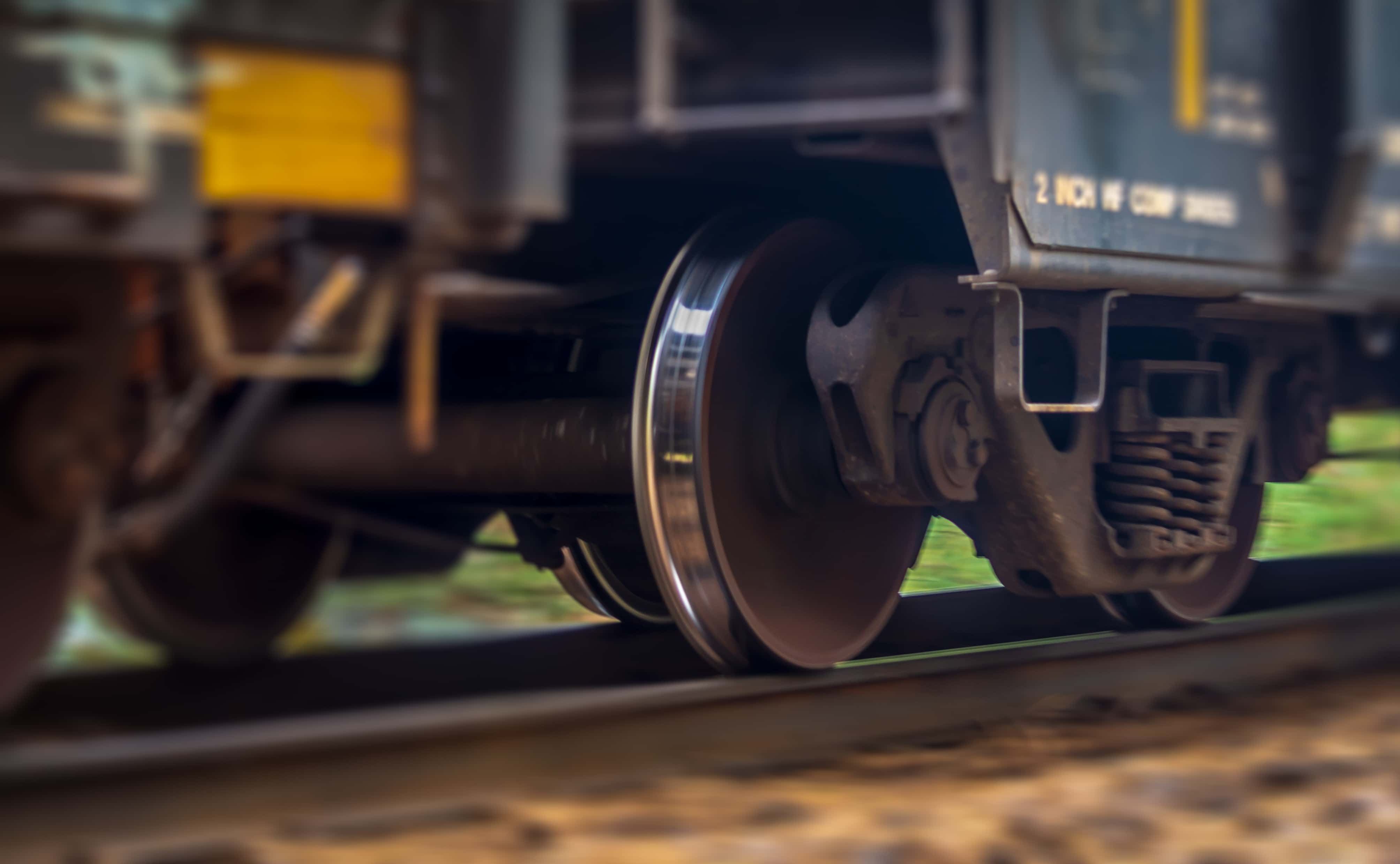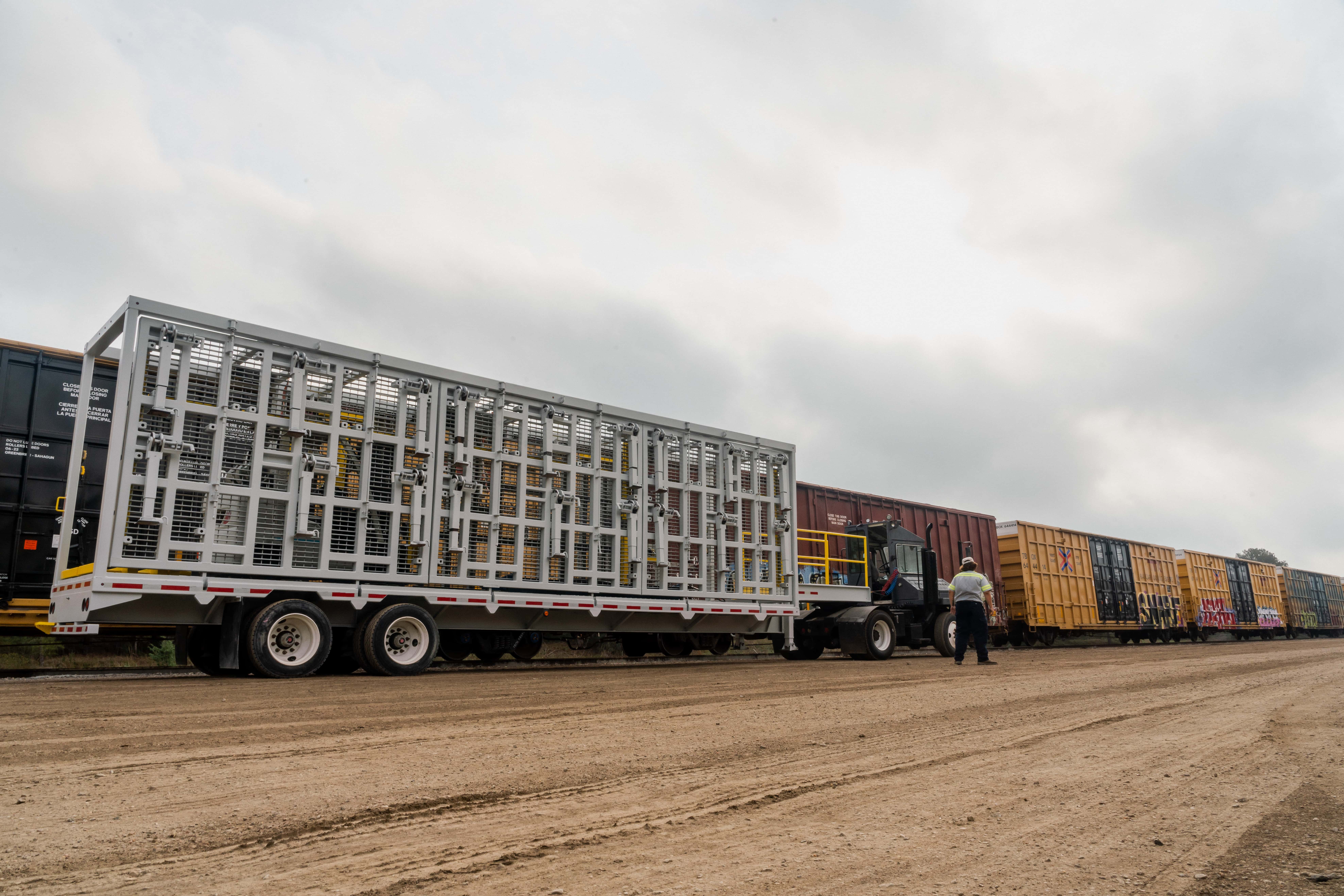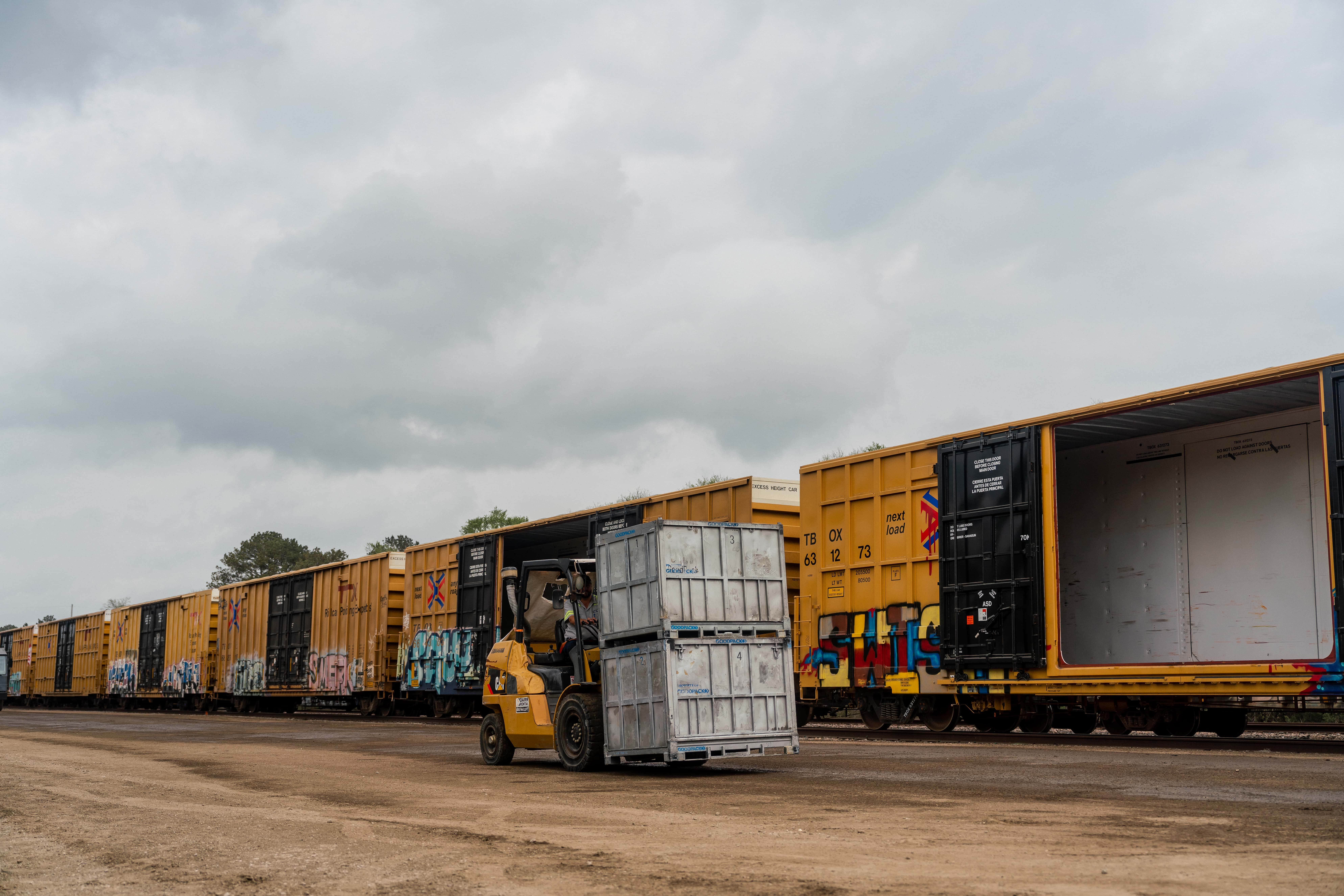
Paper
Solving Unique Industry Redundancies
Paper mills and distributors face a logistics model that hasn't kept pace with railcar design or operating policy shifts.
Between outdated infrastructure and the loss of traditional storage methods, many shippers are forced into costly workarounds just to maintain flow.

Challenge 1: Reduced Rail Loading Capacity
Most legacy paper warehouses were built for 50' boxcars. But today, the industry standard is shifting to 60' boxcars—making existing facilities incompatible without major renovations. The required capital investment to retrofit these spaces is substantial and often unrealistic.
Challenge 2: 'Storage in Transit' Is Gone
Railroads have changed how paper shippers operate. Where boxcars were once used for origin-side storage, this model is no longer permitted. And because unloading at destination markets traditionally requires a warehouse, many companies are now left without a storage option at all.

TLD RAMP: The Flexible Solution
TLD RAMP brings adaptability to a rigid system. With our mobile transloading solution, you can increase rail loading capacity without the expense of reconstructing warehouse facilities.
The RAMP system can be deployed directly in railcar storage yards—offloading product into trucks, bypassing the warehouse altogether.
Whether you're distributing rolls of paper, cartons, or pulp, RAMP restores control and efficiency to your supply chain.
Explore RAMP Technology

Let's Talk Solutions for the Paper Industry
Navigating outdated infrastructure and rising costs? Let's build a smarter, leaner logistics operation—together.
Get a Quote
